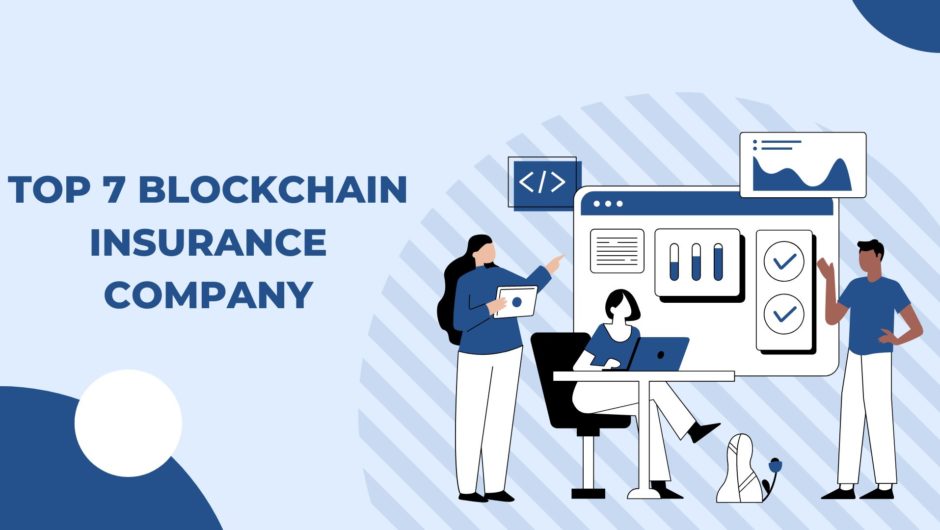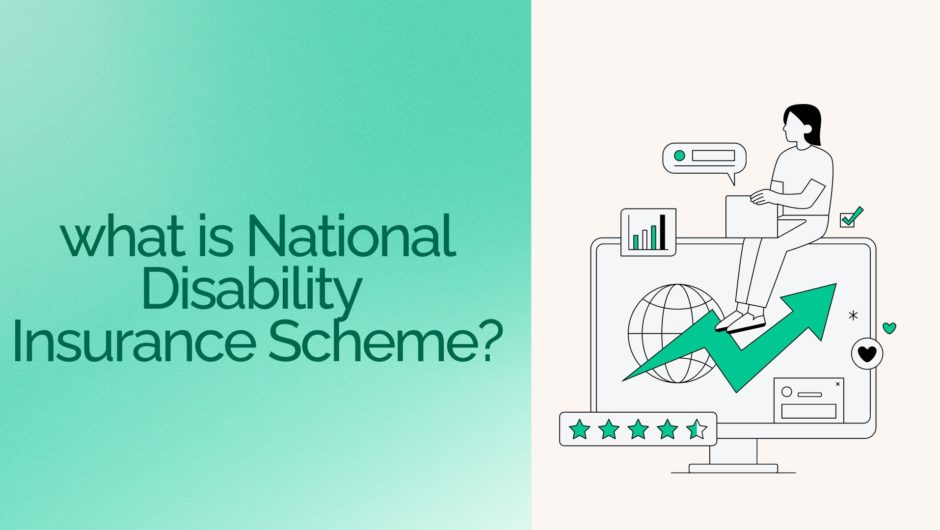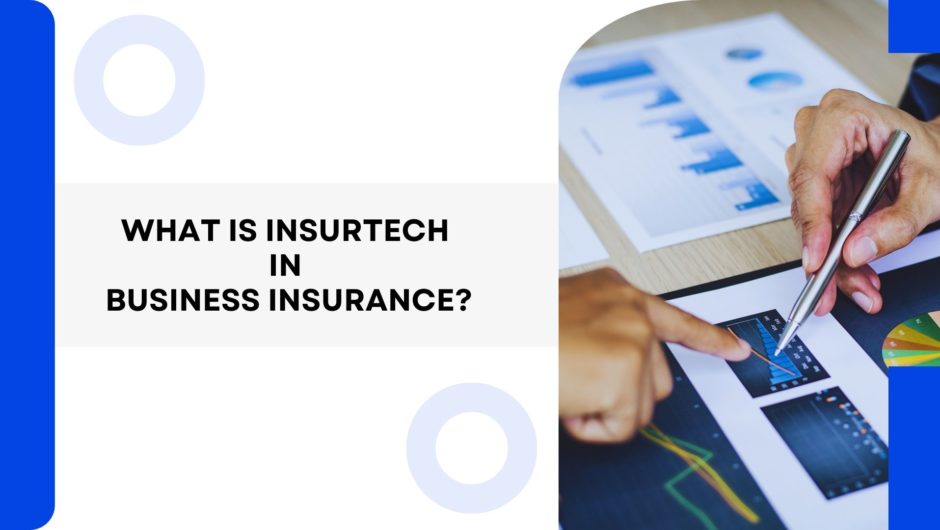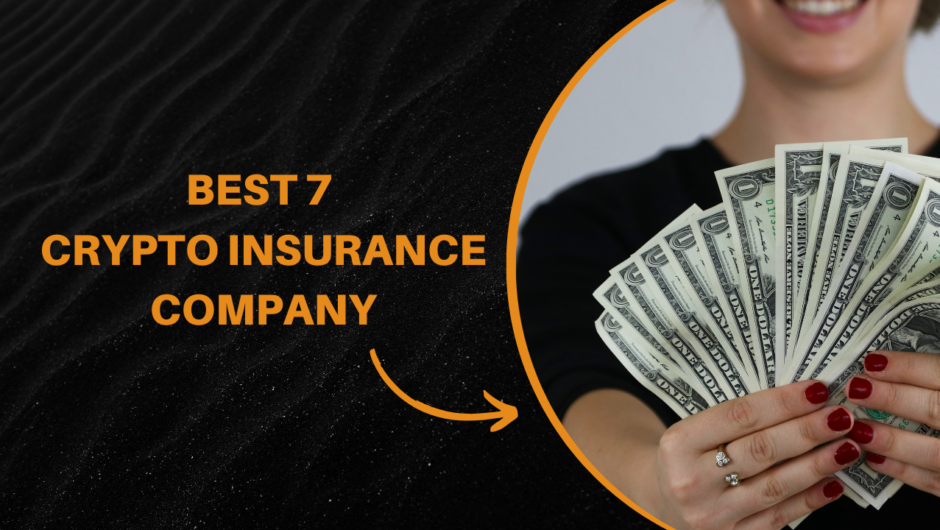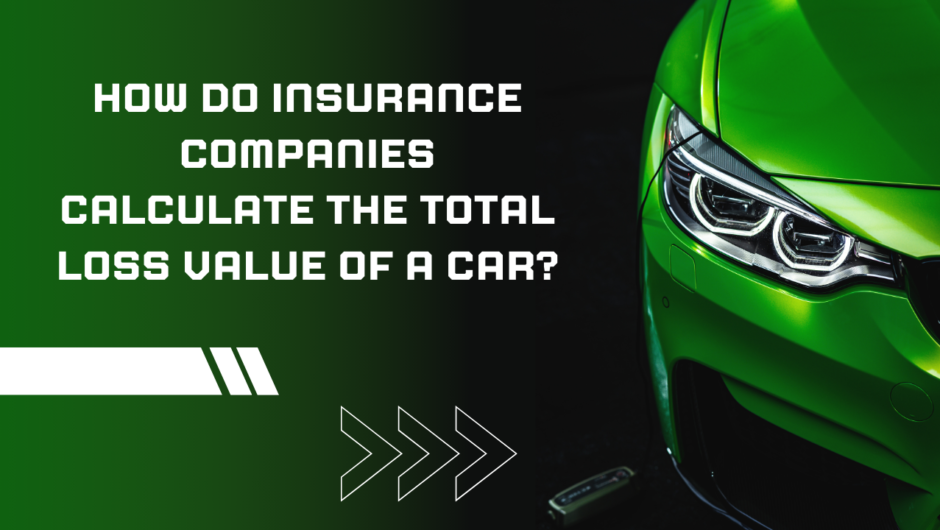Starting a small business involves numerous responsibilities, one of which is securing the right types of insurance. Insurance is essential to protect your business from unexpected events that could result in financial loss. Key types of insurance needed include general liability insurance, which covers legal fees and damages if your business is sued; property insurance, which protects your physical assets from risks like fire and theft; and workers’ compensation insurance, which provides for employees in case of work-related injuries. Additionally, professional liability insurance and commercial auto insurance may be necessary depending on your business type and activities.

Types of insurance for starting small business are:
1. General Liability Insurance
General Liability Insurance is a fundamental coverage for small businesses, protecting them from financial loss in the event of lawsuits. This type of insurance covers legal fees, court costs, and any damages if your business is sued for causing injury to a person or damage to their property. For example, if a customer slips and falls at your premises or if your employee accidentally damages a client’s property during a service call, general liability insurance will cover the associated costs. This protection helps ensure that a single accident or lawsuit does not jeopardize the financial stability of your business.
2. Property Insurance
Property Insurance is essential for safeguarding the physical assets of a small business. This coverage protects buildings, equipment, inventory, and other tangible assets from risks such as fire, theft, and vandalism. In the event of a covered loss, property insurance helps cover repair or replacement costs, ensuring that your business can recover quickly and continue operations. Whether it’s a fire damaging your office or equipment being stolen, having property insurance mitigates the financial impact of such incidents. This security allows business owners to focus on growth and success, knowing their investments are protected against unforeseen events.
3. Workers’ Compensation Insurance
Workers’ Compensation Insurance is for protecting employees and employers alike in the event of work-related injuries. This insurance provides coverage for medical expenses, rehabilitation costs, and lost wages if an employee is injured or becomes ill due to job-related activities. By offering financial support during recovery, workers’ compensation ensures that employees receive the necessary care without facing financial hardship. For employers, this insurance helps avoid costly lawsuits and penalties while demonstrating a commitment to employee well-being. Ultimately, workers’ compensation insurance fosters a safer work environment and promotes trust and security within the workplace.
4. Professional Liability Insurance
Professional Liability Insurance, also known as errors and omissions (E&O) insurance, is essential for businesses providing professional services or advice. This coverage protects against legal costs and damages resulting from claims of professional mistakes, negligence, or failure to deliver promised services. For instance, if a client alleges that an error in your work caused them financial loss, professional liability insurance will cover the associated legal expenses and potential settlements. This insurance is vital for professionals such as consultants, accountants, and IT service providers, as it safeguards their business from the financial repercussions of human errors or oversights in their professional duties.
5. Business Interruption Insurance
Business Interruption Insurance is vital for ensuring the continuity of operations during unforeseen disruptions. This coverage compensates for lost income and operating expenses if your business is temporarily halted due to a covered event, such as a natural disaster, fire, or other catastrophic incidents. By covering costs like rent, payroll, and utilities, business interruption insurance helps maintain financial stability until normal operations can resume. This protection is crucial for small businesses that may lack the resources to withstand prolonged periods of inactivity. Ultimately, business interruption insurance provides peace of mind, allowing business owners to focus on recovery and rebuilding without the stress of financial instability.
6. Product Liability Insurance
Product Liability Insurance is for businesses that manufacture or sell products, providing protection against claims related to product defects or safety issues. This coverage addresses legal costs and damages if a product causes injury or damage to property. For instance, if a customer is harmed by a faulty product, product liability insurance will cover the associated legal expenses and any awarded damages. This insurance is crucial for mitigating the financial risks of product-related lawsuits, safeguarding the business’s reputation, and ensuring consumer trust. By securing product liability insurance, businesses can confidently bring their products to market, knowing they are protected against potential liabilities.
7. Cyber Liability Insurance
Cyber Liability Insurance is critical for businesses in the digital age, protecting against financial losses caused by data breaches, cyberattacks, and other technology-related risks. This coverage helps cover the costs associated with responding to a cyber incident, including legal fees, notification costs, and remediation efforts. It also provides support for managing reputational damage and compensating affected parties. For businesses handling sensitive customer information or operating online. Cyber liability insurance is essential for mitigating the risks of data theft, hacking, or system failures. By having this insurance in place, companies can safeguard their financial stability and maintain customer trust in the face of cyber threats.
8. Directors and Officers Insurance
Directors and Officers (D&O) Insurance is for protecting the personal assets of a company’s directors and officers. This coverage safeguards them from legal claims arising from their decisions and actions related to company management. If a director or officer is sued for alleged wrongful acts. Such as mismanagement or breaches of fiduciary duty, D&O insurance covers legal defense costs, settlements, or damages awarded. This protection ensures that the personal finances of executives are shielded from potential financial liabilities resulting from their roles in overseeing company operations. D&O insurance not only provides peace of mind but also helps attract and retain top talent by offering security against personal risk.
9. Employment Practices Liability Insurance
Employment Practices Liability Insurance (EPLI) is essential for protecting businesses against claims related to employment issues. This coverage addresses legal costs and damages arising from allegations of wrongful termination, discrimination, harassment, or other employment-related disputes. For instance, if an employee sues for being unfairly dismissed or experiencing workplace harassment. EPLI will cover the associated legal expenses and potential settlements. This insurance is crucial for mitigating the financial impact of employment-related lawsuits, helping businesses manage risks and foster a fair, compliant workplace. By securing EPLI, companies can safeguard themselves from costly legal challenges and protect their reputation in managing employee relations.
10. Commercial Auto Insurance
Commercial Auto Insurance is for those businesses that uses vehicles for business purposes, offering protection against various risks associated with driving. This coverage safeguards against accidents, theft, and damage to vehicles used for business activities. Whether it’s a delivery van, company car, or truck, commercial auto insurance provides financial protection for repairs, replacement costs, and liability claims arising from accidents involving business vehicles. It also covers medical expenses for injuries sustained by drivers or passengers in such incidents. By securing commercial auto insurance, businesses ensure that their fleet operations are protected. Reducing the financial impact of vehicle-related issues and supporting uninterrupted business functions.
Conclusion
Securing the right types of insurance is vital when starting a small business. As it provides essential protection against various risks and uncertainties. General Liability Insurance, Property Insurance, and Workers’ Compensation Insurance safeguard against legal claims, asset damage, and employee injuries. Professional Liability Insurance and Product Liability Insurance protect against claims of negligence or product defects. Business Interruption Insurance ensures continuity during unforeseen disruptions, while Cyber Liability Insurance addresses the risks of data breaches and cyberattacks. Additionally, Directors and Officers Insurance and Employment Practices Liability Insurance protect personal and company assets from management and employment-related claims. Together, these coverages offer comprehensive protection and peace of mind, enabling a solid foundation for business success.
Read More:
- Bike Insurance: Premium Details And How To Buy
- How safe private insurance companies are?
- 7 principles of Insurance which every investor should know
- Why should you avail life insurance?

Hello, I am Tanisha Kriplani, graduated in computer science from Delhi University. I am passionate about web content writing and have a strong interest in Data Analytics and Data Engineering.



